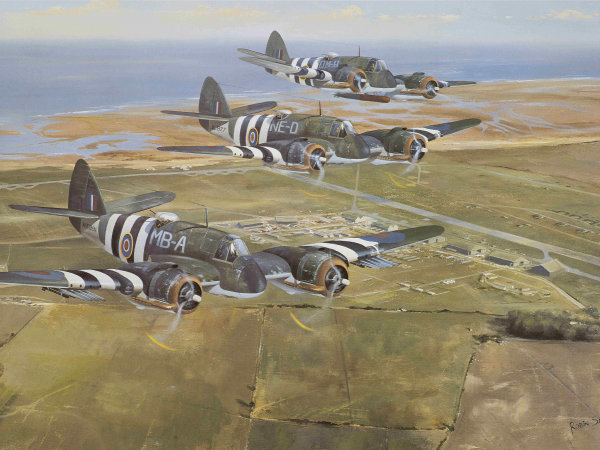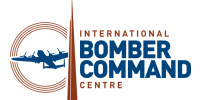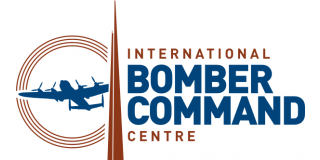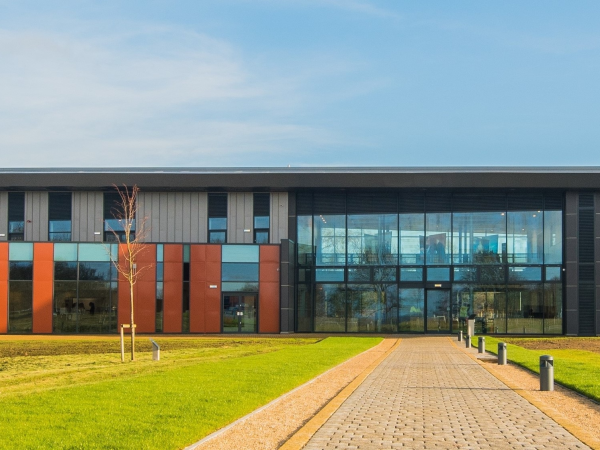IBCC Lecture and Supper Series
Back by popular demand our Autumn/Winter Lecture Supper Series incorporates a wide range of subjects and delivery styles - from Christmas style lectures to readings set to music, there's something for everyone.
The evenings start with a delicious hot buffet, served in the Hub Cafe, before proceeding to the first floor Suite for the talks.
Events
 IBCC Lecture and Supper Series: The Battle of Britain: Dowding vs Bader vs Luftwaffe
IBCC Lecture and Supper Series: The Battle of Britain: Dowding vs Bader vs Luftwaffe. - Thursday 9th October 2025 6.30pm
From the middle of the 1930’s it was becoming...
IBCC Lecture and Supper Series: The Battle of Britain: Dowding vs Bader vs Luftwaffe
IBCC Lecture and Supper Series: The Battle of Britain: Dowding vs Bader vs Luftwaffe. - Thursday 9th October 2025 6.30pm
From the middle of the 1930’s it was becoming...
IBCC Lecture and Supper Series: The Battle of Britain: Dowding vs Bader vs Luftwaffe. - Thursday 9th October 2025 6.30pm
From the middle of the 1930’s it was becoming increasingly obvious that both Germany and Japan were building their military strength and capability. Gross underinvestment and fighting between different arms of the UK’s armed forces meant that we were hugely underprepared for what would become a completely new type of conflict. New technology was rapidly evolving but slowly getting into service. How should this technology be used? How should the new but very scarce aircraft be used? Did we have enough pilots being trained? A deeply political and messy battle was fought between factions within the RAF and UK Government while the German Luftwaffe did its best to destroy the RAF.
As well as being a member at MAVC, Simon Kemp works full time in IT, writing software for a variety of clients in various industries. Past software systems written for Qinetiq and Airbus among others, he’s also designed and built computer hardware including free standing kiosk units for leisure industry clients and microcontroller board computer systems for security and display purposes. A lifelong fascination with speed and flight and, in particular, aviation in World War II, has kept his evening and weekends fully occupied!
The evening starts with a delicious hot supper in The Hub Café at 18.30.
Book now IBCC Lecture & Supper Series - To Force the Enemy Off the Sea
‘To Force the Enemy Off the Sea’ - RAF Coastal Command’s North Coates Strike Wing 1943-45
Thursday 6th November 2025, 18.30
This lecture examines the important and...
IBCC Lecture & Supper Series - To Force the Enemy Off the Sea
‘To Force the Enemy Off the Sea’ - RAF Coastal Command’s North Coates Strike Wing 1943-45
Thursday 6th November 2025, 18.30
This lecture examines the important and...
‘To Force the Enemy Off the Sea’ - RAF Coastal Command’s North Coates Strike Wing 1943-45
Thursday 6th November 2025, 18.30
This lecture examines the important and hard-fought but little-known anti-shipping campaign successfully conducted by Coastal Command’s North Coates Strike Wing from early 1943 onwards.
After three years of war, heavily armed German shipping convoys were still sailing down the North Sea into Rotterdam, carrying supplies of high-grade Swedish iron ore destined for the armaments factories of the Ruhr. With great courage the “Cinderella Boys” of RAF Coastal Command had attempted to curtail this enemy supply line, but with limited success and while incurring heavy losses.
Book nowBack by popular demand our Autumn/Winter Lecture Supper Series incorporates a wide range of subjects and delivery styles - from Christmas style lectures to readings set to music, there's something for everyone.
The evenings start with a delicious hot buffet, served in the Hub Cafe, before proceeding to the first floor Suite for the talks.




